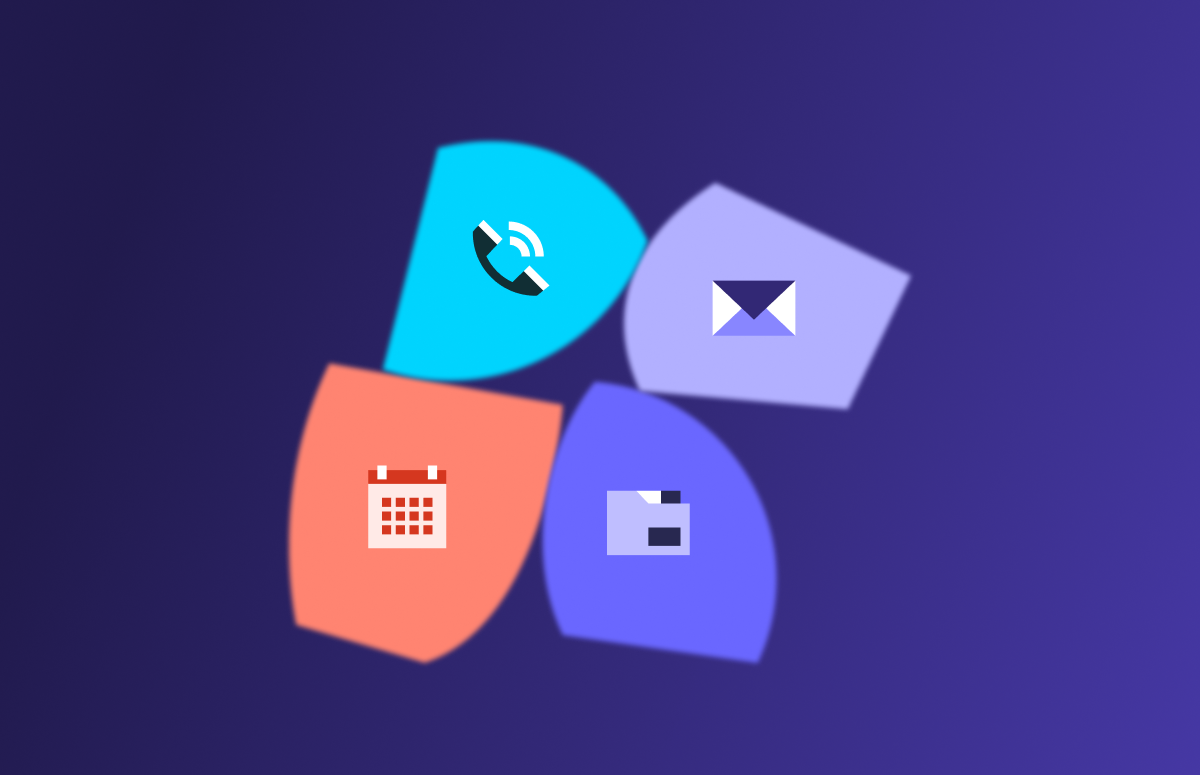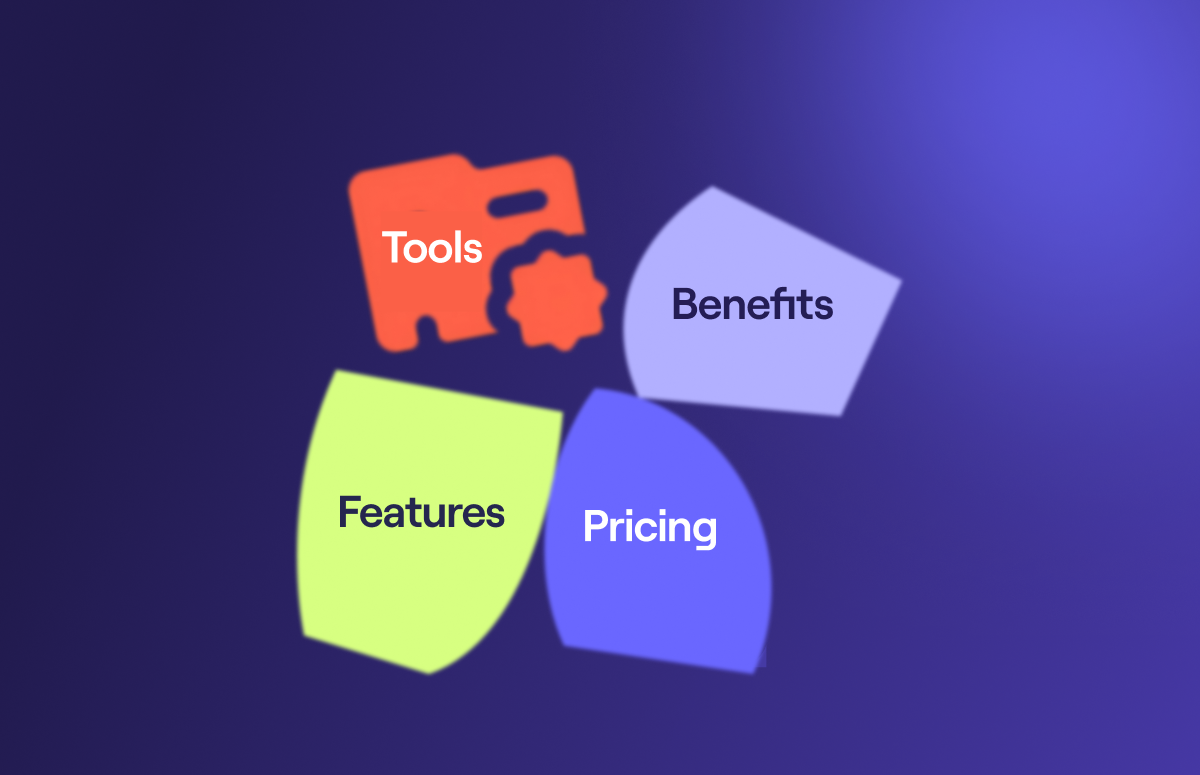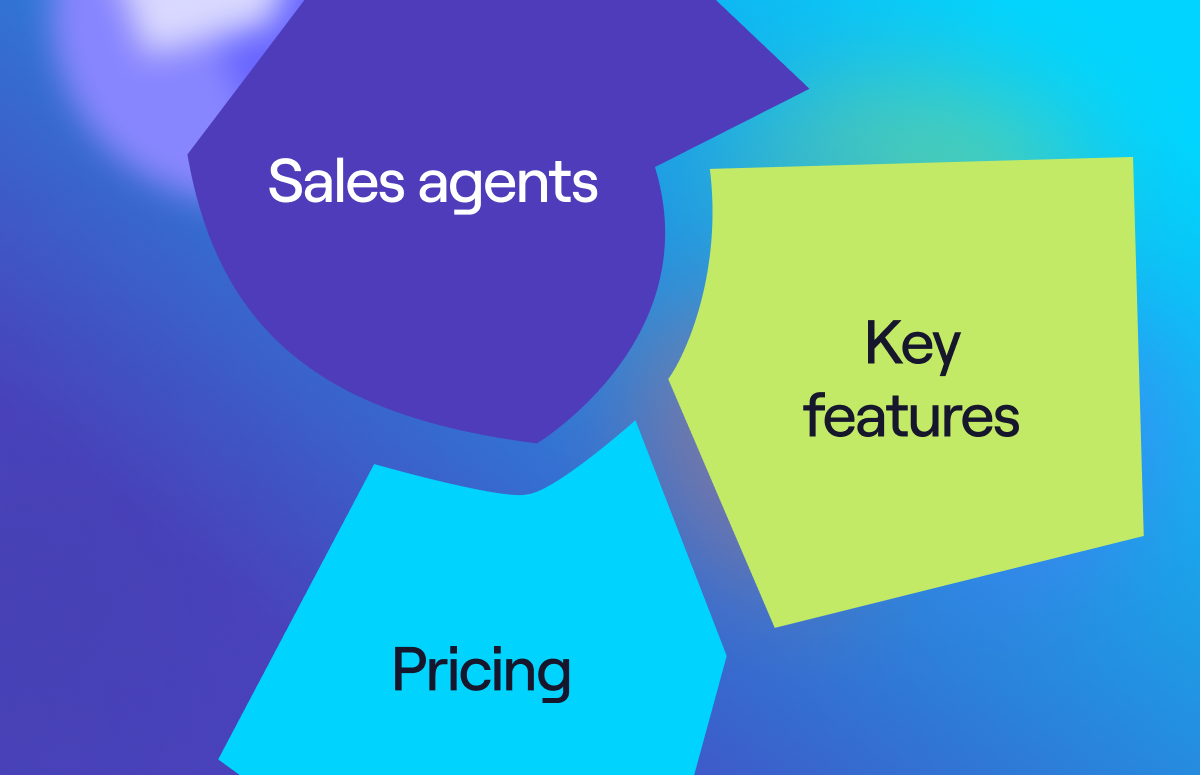Sales Automation Software: 24 Top Tools for 2025
The 24 best sales automation tools:
This list uncovers the benefits, features, and reviews of the top sales automation tools. 👇
1. Cognism
Cognism is an AI-powered B2B data provider that automates the prospecting process and makes sales easier and more efficient.
It automates the following sales tasks:
- Prospect list building: Auto-generates lists by ICP and intent filters.
- Data entry: Auto-enriches sales data and syncs it to your CRM.
- Lead prioritisation: Surfaces warm leads via sales triggers and buying signals.
- Compliance checks: Automatic DNC and GDPR filtering.
- Workflow integration: Seamlessly imports contact data to your sequencing tools.
Enter your details to book a demo 👇
Key features:
- Sales Companion (Web App): Access a vast database of contacts, companies, and buying signals.
- Sales Companion (Browser Extension): Access company and contact details on LinkedIn and other platforms.
- Diamond Data®: Phone-verified mobile numbers for B2B contacts.
- Intent data by Bombora: Identify companies researching topics relevant to your business.
- Cognism AI Search: Find prospects with ChatGPT-style text or voice prompts.
- Cognism Enrich: Instant and scheduled CRM enrichment and on-demand CSV enrichment.
- Seamless integrations with CRMs and sales and marketing tools.
- International coverage: EMEA, NAM, APAC.
- Fully GDPR and CCPA-compliant data.
- Database checked and cleaned against global DNC lists.
- Fast and friendly support team.
- Unrestricted access to person and company-level data (subject to fair use policy).
Pricing:
Choose a package to suit your needs:
- Grow, which offers essential contact and company data for prospecting.
- Elevate, which combines Cognism’s high-quality data with advanced intelligence and actionable signals.
2. Mailtastic
A great sales and marketing automation tool is Mailtastic. You can use it to get in front of your prospects where they spend most of their time - their inbox.
This easy-to-use email signature marketing tool lets you showcase relevant content, events, offers, and more to boost your nurture campaigns or move leads further down the sales funnel.
Key features:
- Target specific groups with personalised signature banners.
- Built-in compliance and central control of email signatures.
- Integrates with Gmail, Outlook, iOS, Android, ActiveDirectory, CRM, Office 365, and G Suite.
Pricing:
A 14-day free trial is available.
Otherwise, choose from 3 pricing packages: Management, Marketing, or Pro. You can contact Mailtastic for a quote.
3. Salesforce
Salesforce is one of the best sales automation tools out there.
This CRM software has everything you need to sell faster and smarter, from contact and lead management to sales forecasting and pipeline tracking.
Key features:
- Offers a complete overview of customers’ activity history, key contacts, customer communications, and internal account discussions.
- Tracks your leads from click to close.
- Real-time views of your team’s sales forecasts.
Pricing:
Visit Salesforce’s website to download their pricing guide or request a quote.⚠️ Did you know Cognism integrates with Salesforce? Check out what our customers say 👇

“Having been in sales for years, I used to spend hours of my life formatting and importing excel spreadsheets to the CRM. Cognism’s automatic integration with Salesforce means I no longer spend time manually inserting leads to our CRM. It merits 5 stars!”
4. HubSpot Sales Hub
HubSpot Sales Hub is a sales automation CRM that includes sales engagement tools, configure-price-quote (CPQ) functionality, and robust sales analytics for teams who want richer insights, hotter leads, and aligned enablement materials.
Key features:
- Automates your sales process with personalised emails and follow-up tasks, ensuring you stay top of your buyers’ minds.
- Prioritises your day’s sales calls, makes and records calls directly from your browser, and automatically logs them in your CRM for maximum efficiency.
- Automatically captures details from every call to uncover the “why” behind team performance.
- Know the second a lead opens an email so you can follow up at the right time and close deals faster.
Pricing:
Choose from three pricing plans: Starter, Professional, or Enterprise. Prices start at $20 per user per month. HubSpot offers a 14-day free trial.
⚠️ Did you know Cognism integrates with HubSpot? Check out what our customers say 👇

“With Cognism, it’s effortless to create large lists that you can seamlessly put into HubSpot. Before this process took multiple laborious steps. Now, with Cognism, I can get through triple the amount of accounts in half the time.”
5. LinkedIn Sales Navigator
The next sales automation solution is LinkedIn Sales Navigator.
This tool is normally used alongside prospecting tools like Cognism for online outreach. Although it doesn’t offer contact data, the tool enhances LinkedIn outreach with advanced search and filtering options.
Key features:
- Advanced lead search.
- InMail messaging.
- Real-time sales updates.
- Notes and tags synced with your CRM.
Pricing:
LinkedIn Sales Navigator offers three pricing plans: Core, Advanced, and Advanced Plus. Visit its website to compare features and costs.
⚠️ See how Cognism compares to LinkedIn Sales Navigator.
6. Pipedrive
Pipedrive ensures that nothing falls through the cracks in your sales process.
The tool automates your sales teams’ most time-consuming tasks, allowing them to spend more time selling and building customer relationships.
Key features:
- One-click contact data collection.
- Customisable sales reports and insights.
- Sales goal setting, activity tracking, and easy lead qualification.
Pricing:
Visit its website to sign up for a 14-day free trial or compare pricing plans.
⚠️ Cognism integrates with Pipedrive - click the link to find out more.
7. Bombora
Bombora is a sales automation software solution that measures prospects’ digital journey across premium B2B websites.
This gives you a golden opportunity to connect before your competitors do.
Key features:
- Amplifies sales success with intent data to prioritise your target accounts and determine which topics they’re most interested in.
- Integrates sales data into any of the leading CRMs.
- See which target accounts are researching your competitors and win them over for quick conversions.
Pricing:
Bombora’s pricing is not publicly disclosed. Visit its website to request a demo.
⚠️ Bombora’s intent data is available as an add-on for Cognism.
8. Lead Forensics
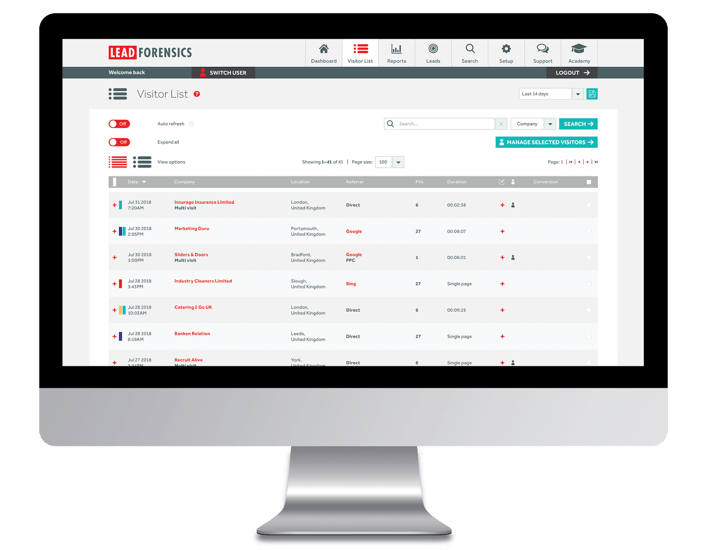
Lead Forensics notifies sales teams when a prospect visits your website, helping you to engage faster for more conversions.
Key features:
- Reveals the identity of your anonymous website traffic and turns them into actionable sales leads in real-time.
- Identifies lapsed customers browsing your website for rekindling nurtures.
- Sends details of previously unknown website visitors directly to your best sales personnel.
Pricing:
Choose from two pricing plans: Essential for small and medium-sized businesses, and Automate for enterprise businesses. You can also sign up for a free trial.
9. Kluster
Kluster helps you predictably beat your revenue targets with revenue analytics and sales forecasting.
It automates your sales process through online pipeline management and strategy execution.
Key features:
- Embeds forecasting processes and augments them with multiple AI and analytical methods for crystal clarity.
- Assigns lead generation KPI targets to your team to track real-time progress.
- Real-time interactive dashboards.
Pricing:
Kluster doesn’t disclose its pricing online. Visit its website to request a demo.
10. Gong
If you’re looking for sales automation software that helps you understand your customers and make data-driven decisions, Gong is for you.
The patented Gong Revenue Intelligence Platform™ captures and understands every customer interaction. It delivers insights at scale for improved win rates, increased deal sizes, and accelerated employee ramp times.
Key features:
- Records and analyses calls for consistency.
- See how often and in what context competitors are mentioned.
- Sends alerts when deals are about to slip through or be lost.
Pricing:
Gong doesn’t disclose its pricing. Visit its website to fill in a form and get a customised quote.
11. Leadfeeder
Another great sales automation tool is Leadfeeder by Dealfront.
It identifies companies visiting your site, explaining how they got there and their intent to purchase.
Key features:
- Turns anonymous traffic into real company names.
- Reveals the exact behaviour of the companies visiting your website.
- Integrates with leading CRMs and allows list imports.
- Identifies remote workers with Leadfeeder’s unique database of static and dynamic IPs.
Pricing:
Choose from a free plan with limited features or a paid option that starts at $99 per month.
12. Zapier
Zapier is a codeless sales platform that allows you to automate work in 4,000+ web apps.
You can automate anything fast and eliminate all the repetitive tasks that slow your team down.
Key features:
- Choose from thousands of pre-made templates and build a Zap in just a few clicks.
- Tailor automated solutions to your team’s needs by adding multiple steps and workflow logic.
- Tweak a ready-made template or start from scratch.
Pricing:
Choose from four pricing packages: Free, Pro, Team, and Enterprise. Costs start at $14.95 per month. You can also sign up for a 14-day free trial.
13. Drift
Drift makes connecting with prospects easier and more personalised through outbound sales automation.
It opens opportunities for real-time conversations and in-depth buyer insights, helping you close more deals and improve customer relationships.
Key features:
- Identify intent signals to focus your sales efforts on the right accounts.
- Chat with a prospect when they’re on your site and ready to buy.
- Never miss a business opportunity with 24/7/365 engagement and direct access to book meetings any time of the day.
- Real-time notifications for when a target account visits your site.
Pricing:
Drift was acquired by Salesloft - visit the Salesloft website to request a demo.
14. Customers.ai
Customers.ai (formerly MobileMonkey) is an OmniChat sales automation platform.
It lets businesses connect with customers in real-time via Web Chat, SMS, Messenger, Instagram, and WhatsApp.
Key features:
- Multi-platform chatbot builder.
- Manage inbound and outbound sales conversations in a unified inbox.
- Real-time lead alerts that lower CAC and reduce customer churn.
Pricing:
Sign up for a 7-day free trial or choose from one of its paid packages. Costs start at $199 per user per month.
15. Chili Piper
Chili Piper is a scheduling and routing platform for B2B sales.
It assists teams in doubling their inbound conversion rates, increasing customer satisfaction, and reaching new productivity levels.
Key features:
- Set up distribution rules based on round-robin, territories, and account ownership.
- Track reschedules, no-shows, reassignments, and more in Salesforce.
- Create advanced meeting distribution reports.
Pricing:
This sales process automation tool offers four pricing options starting at $30 per user per month, plus a tiered platform fee of $150-1,000 per month.
16. Sender
Sender is an email sales automation tool. It makes it easy to send sequences and create long-lasting relationships with customers.
Key features:
- Easily add products and features to your newsletters via a URL.
- Desktop Push-Notifications, transactional and automated email sequences, and API integrations.
- Template library and an easy-to-use drag-and-drop subscription form builder.
Pricing:
Sender offers a free package and three paid options. Pricing starts at $7 per user per month.
17. Calendly
Calendly is the best sales automation software for booking meetings.
It makes scheduling, rescheduling, and meeting with sales prospects much easier.
Key features:
- Set availability rules.
- Send guests your Calendly link or embed it on your website.
- Meetings are scheduled without calendar conflicts, reminders go out automatically, and rescheduling is a breeze for everyone.
Pricing:
Choose from a free package or three paid options. Pricing starts at $10 per user per month.
18. Turtl
Turtl has great sales automation system features.
It enables teams to share sales content across departments, offer insights into what interests buyers, and analyse buyer behaviour for a more personalised sales approach.
Key features:
- Personalise sales pitches, proposals and more without affecting your brand or messaging.
- Discover who is ready to buy and their interests with behavioural insights.
- Detailed analytics show which sales content is driving the most revenue.
Pricing:
Request Turtl’s pricing information directly from the seller.
19. Crystal
Crystal is the DISC-based personality platform that helps companies of all sizes.
The sales automation software integrates DISC personality insights into sales processes, helping you better understand every prospect.
Key features:
- Predict anyone’s personality with the Crystal Chrome Extension.
- Understand how to motivate buyers and drive deals forward with rich personality profiles.
- Speak confidently and persuasively to every personality in the room with custom playbooks.
Pricing:
Choose from Crystal’s Free, Premium, or Business plans. Costs start at $49 per user per month.
20. Mailchimp
Mailchimp is an all-in-one outbound sales automation tool. It allows you to send sales campaign emails and automated messages.
It also creates targeted ad campaigns, builds landing pages, sends postcards, facilitates reporting and analytics, and sells online.
Key features:
- Automated email responses.
- High volume email sending.
- Data import and export tools.
- Personalised outbound email marketing.
Pricing:
Visit Mailchimp’s website to compare plans or request a demo.
21. Revegy
Revegy is a sales process automation platform for key account management.
It helps sales organisations understand complex relationships, navigate competing interests, and identify white space where they can add value, making it easier to see how to win and retain business.
Key features:
- Maps key account relationships, identifies critical connections and centralises the data for visibility across account teams.
- Gives you a holistic view of enterprise account relationships and opportunities for better sales forecasting.
- Provides insights into additional opportunities, upsells, and cross-sells.
Pricing:
Contact Revegy for a quote.
22. ActiveCampaign
ActiveCampaign is a sales automation platform that integrates features like email marketing, automation, and customer relationship management (CRM).
Unlike standalone platforms, ActiveCampaign provides a comprehensive solution ideal for B2B marketing, sales, and e-commerce teams.
Its versatility doesn’t stop at email; it fosters cross-team collaboration and ensures seamless coordination across various organisational functions.
Key features:
- Email marketing.
- Create personalised customer campaigns.
- Built-in CRM sales automation.
- Build and segment contact lists.
Pricing:
Choose from Starter, Plus, Pro, or Enterprise plans. Prices start at $15 per user per month. The tool offers a 14-day free trial.
23. Zoho One
Zoho One is a sales automation system that combines all your business processes under one subscription.
It simplifies communication, collaboration, data management, and integration, and is hosted on the cloud for easy access from any device.
Key features:
- CRM mobile app.
- Sales process management.
- Sales target tracking.
- Business card scanning into CRM.
Pricing:
You can purchase Zoho One licenses for all employees on your payroll or choose flexible pricing for any number of employees. Costs start at $37 per user per month.
24. Appy Pie Automate
Appy Pie Automate is a sales automation platform that simplifies connecting various web applications and automating workflows.
It allows the creation of custom integrations, including robust Salesforce integrations that help automate sales tasks.
With its intuitive interface, this platform helps you set up automation with minimal technical knowledge, allowing you more time to focus on critical business activities.
Key features:
- Wide range of integrations.
- Custom workflow creation.
- No coding required.
- Conditional logic.
Pricing:
Appy Pie’s pricing tiers are Standard at $12, Professional at $30, and Business at $80 (all per user per month). The tool offers a 7-day free trial.
FAQs
What are sales automation tools?
Sales automation tools are software platforms that streamline, automate, and optimise repetitive sales tasks. They help sales teams close more deals, faster.
These tools handle time-consuming processes such as:
-
Lead capture and routing.
-
Email outreach and sales follow-ups.
-
CRM data entry and updates.
-
Meeting scheduling.
-
Sales forecasting and reporting.
The goal is to reduce manual work so reps can focus on higher-value activities like relationship-building and closing deals.
What are the benefits of sales automation platforms?
Tools like Cognism provide numerous benefits to a B2B sales team. Here are some examples:
-
Shorter sales cycles: Automate follow-ups and qualification steps.
-
Improved conversion rates: Timely, personalised outreach at scale.
-
Increased sales productivity: Free up reps from admin tasks.
-
Ensure consistency: Standardised processes across the team.
How do you choose the right sales automation software?
Picking the right sales software for your business can be tricky. Here are a few factors to look at:
Price
Not all budgets are created equal.
Consider the ROI of the sales automation tool you’re considering, and always do your research.
Take a look at alternatives for an idea of a reasonable price. Once you have a ballpark figure, you can make an informed choice.
Plus, you might find that some sales teams are open to custom pricing or discounts.
Growth
Where is your company headed, and will the tool you choose grow with you?
Always look to the future when investing in sales automation software and check if the brand is actively growing with its customers.
Ask yourself these questions:
- Are they doing funding rounds?
- Are they regularly updating their product?
- Do they listen to current customers’ complaints?
All of this makes a big difference in how innovative they will be in the future.
Customer support
Always, always check what users have to say about different sales automation tools. Read the good reviews and the bad, and look out for one major tell-all:
What do users say about the support received after they’ve purchased?
If it’s bad, that’s a red flag!
SaaS support teams need to be on point to ensure you know how to use their software and that you’re getting the most out of it.
They must pay attention to your likes and dislikes in order to make ongoing improvements.
And most of all, they should be building customer relationships, not breaking them down by ignoring concerns.
Ease of use
Of course, you want sales automation that’s easy to use!
And that means looking at how well the tool you’ve chosen integrates with your existing sales tech stack.
If you can’t set your software up and figure out how it works on your own, then it’s not the software you should invest in.
Yes, onboarding is important to use a tool in the best possible way. But you want to be able to quickly troubleshoot problems in-house, easily teach new staff how it works and integrate it with any software you use going forward.
Once you find an automated system like that, you’ve found a winner.
There’s one rule of thumb you absolutely need to implement when considering automated sales software:
Always sign up for a demo!
Sales demos give you a good idea of each automation tool and how it can benefit you and your team. If you can’t schedule one, it’s best to read user reviews or take advantage of a free trial.
You might find it’s not the right fit. Or it might change the way you do sales forever.
What is the best sales automation tool?
Cognism’s automation features stop sales teams from wasting time on manual research, admin, and dialling incorrect numbers.
It also integrates with the tools you use every day, including Salesforce, HubSpot, and Salesloft.
Want to see how Cognism can make your sales skyrocket?
Book your demo today 👇
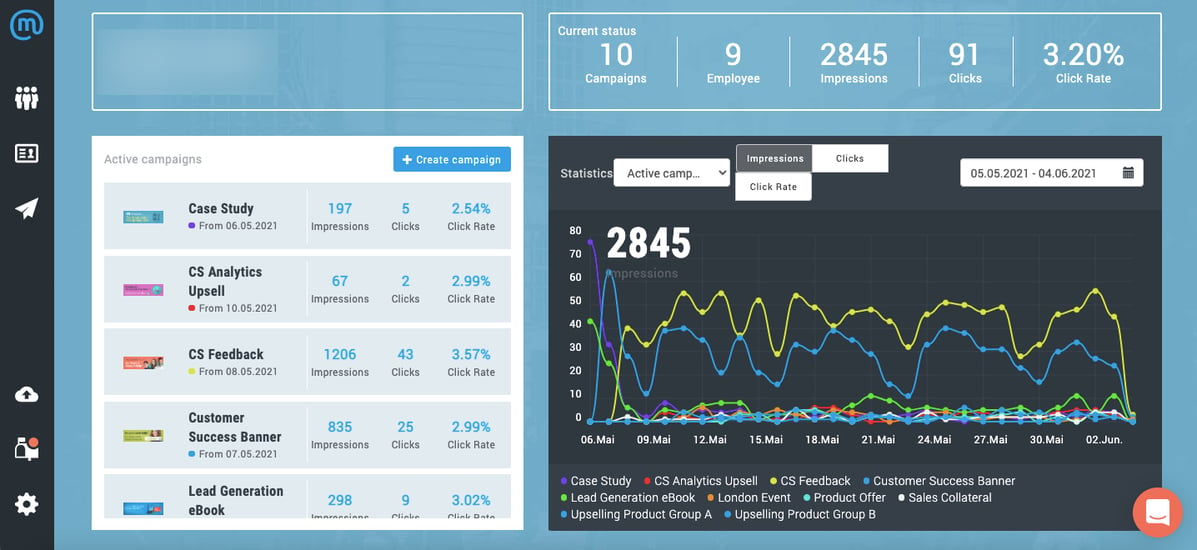
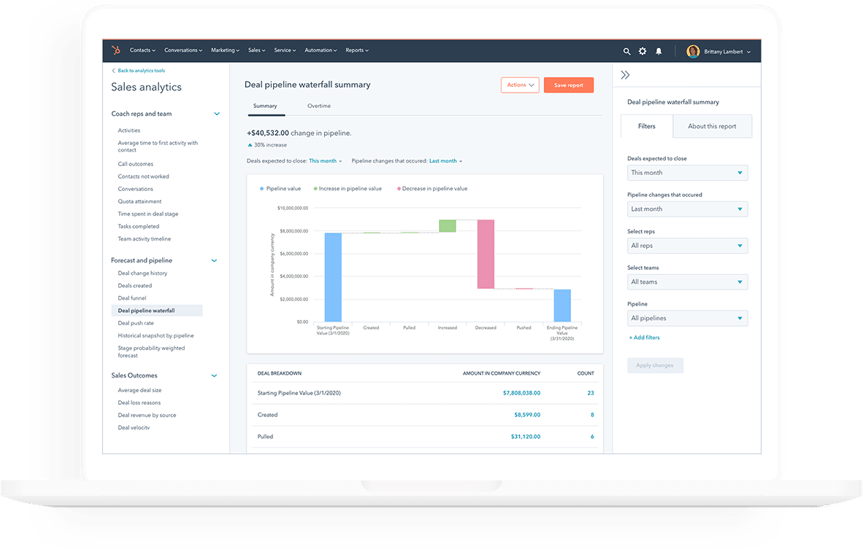
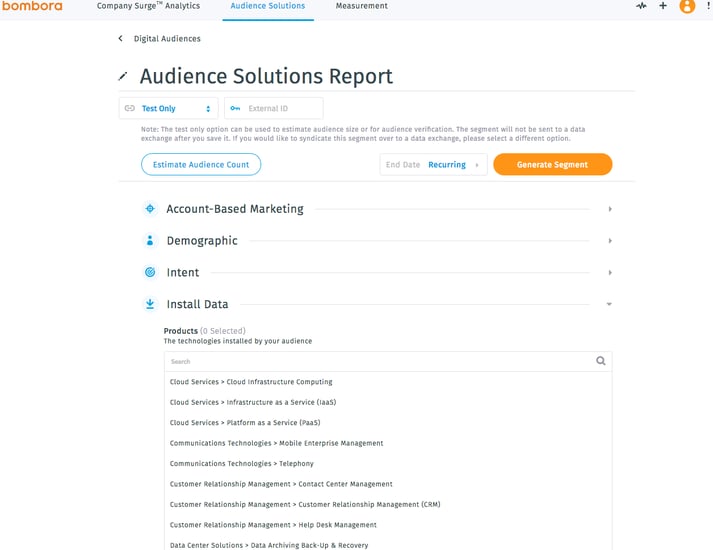
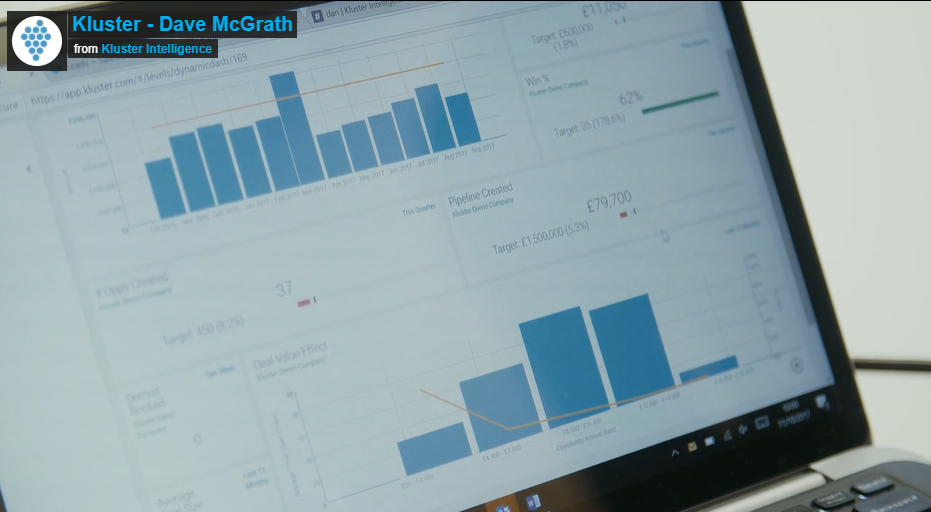
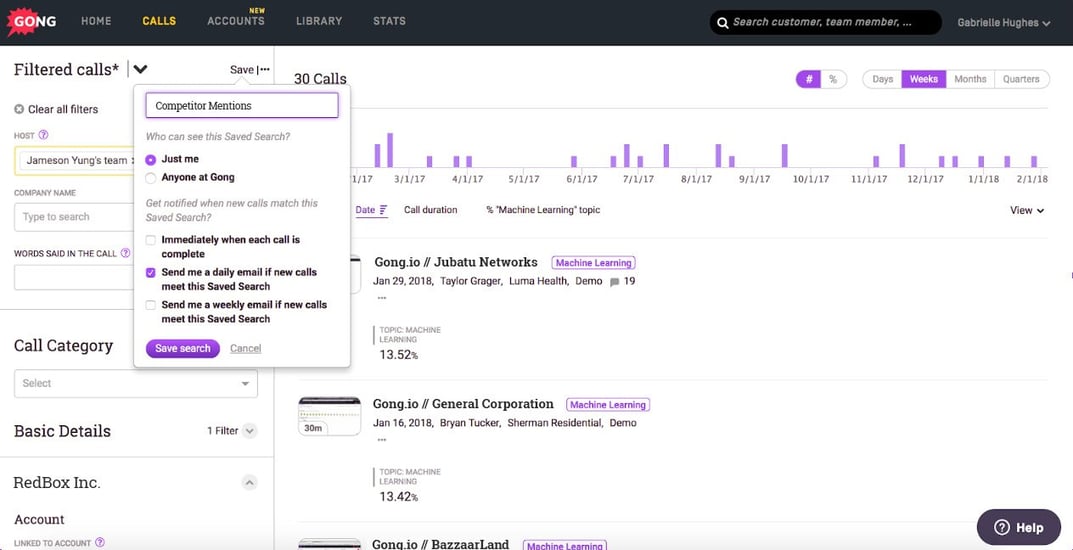
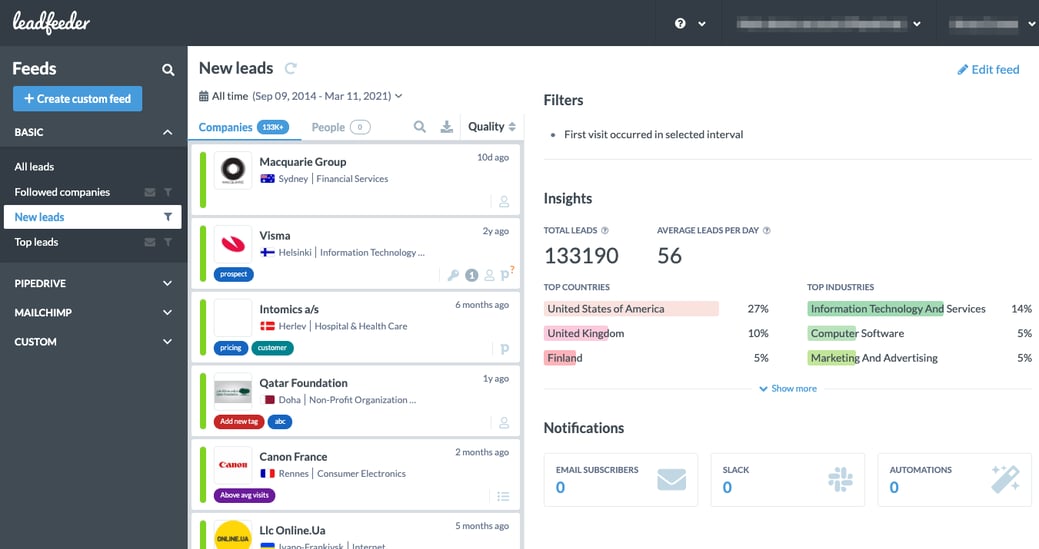
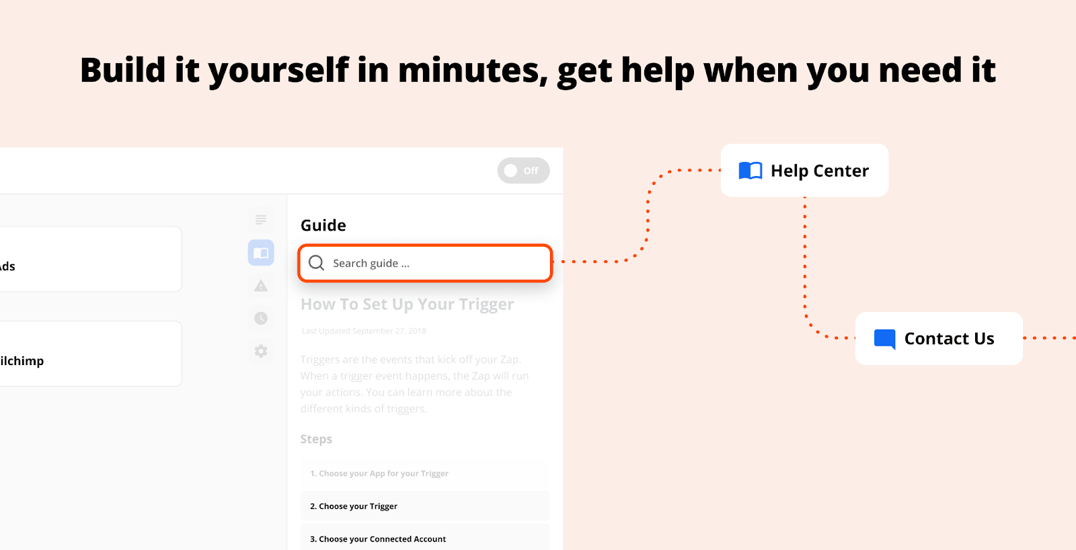
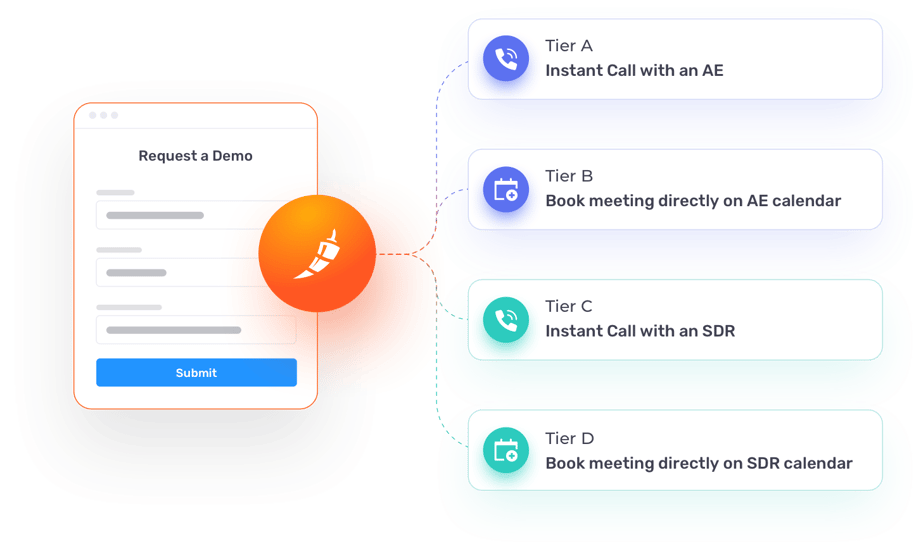
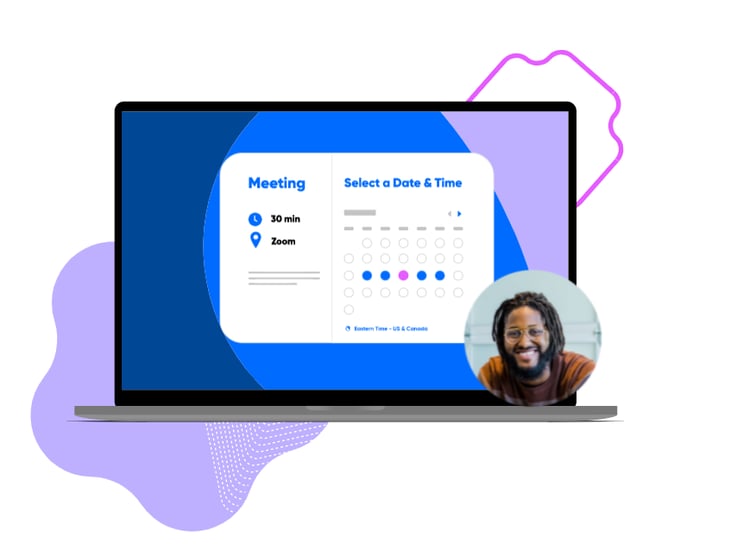
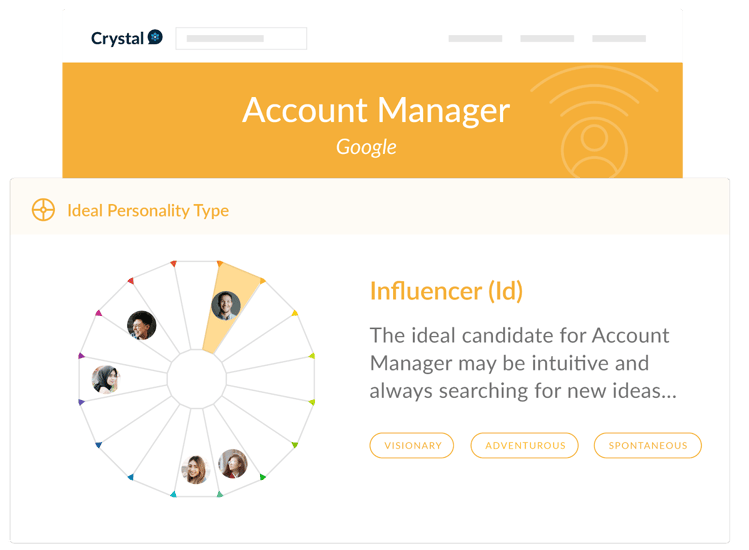
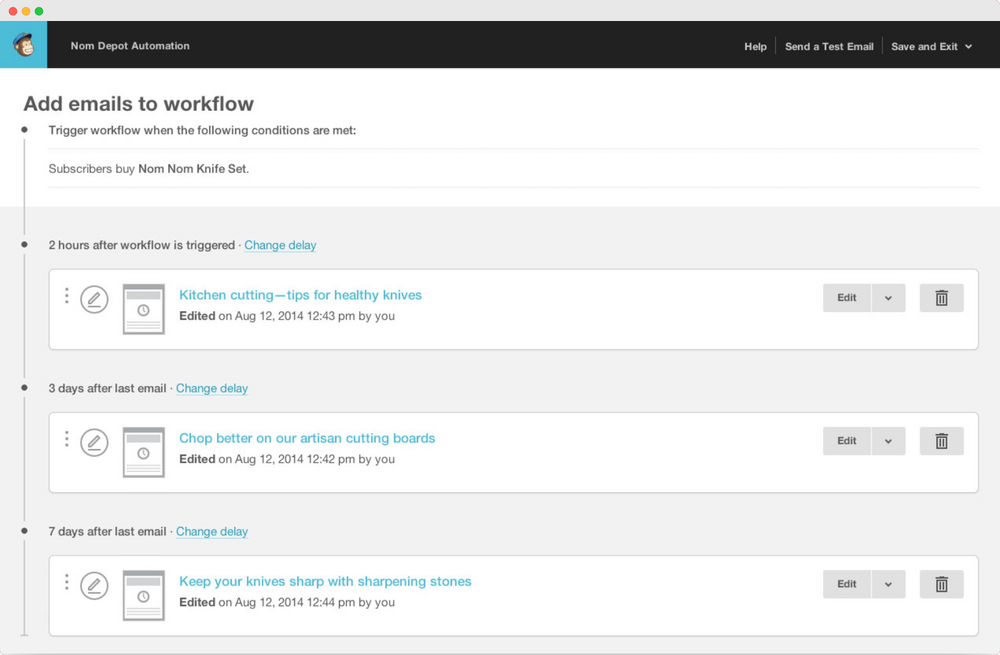
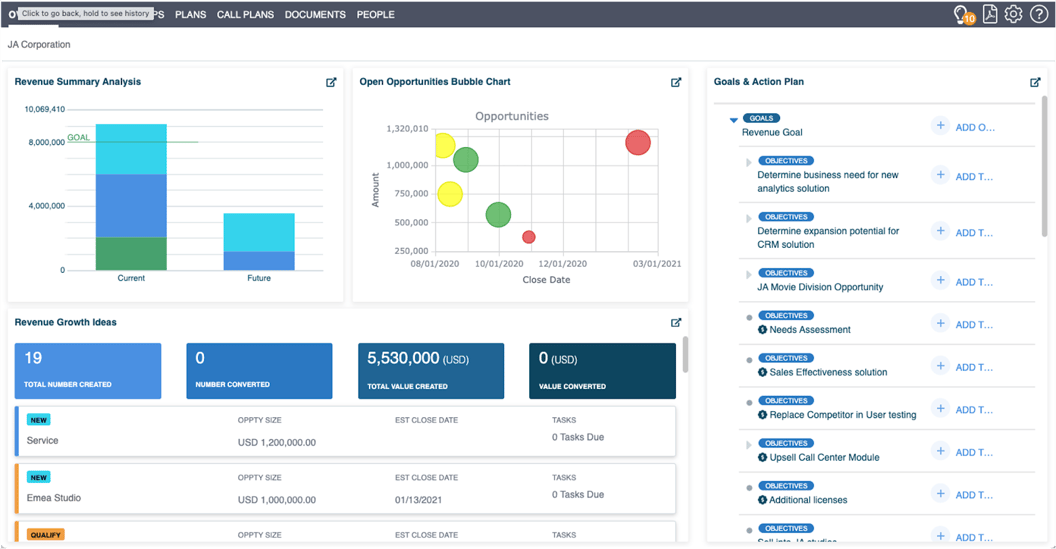


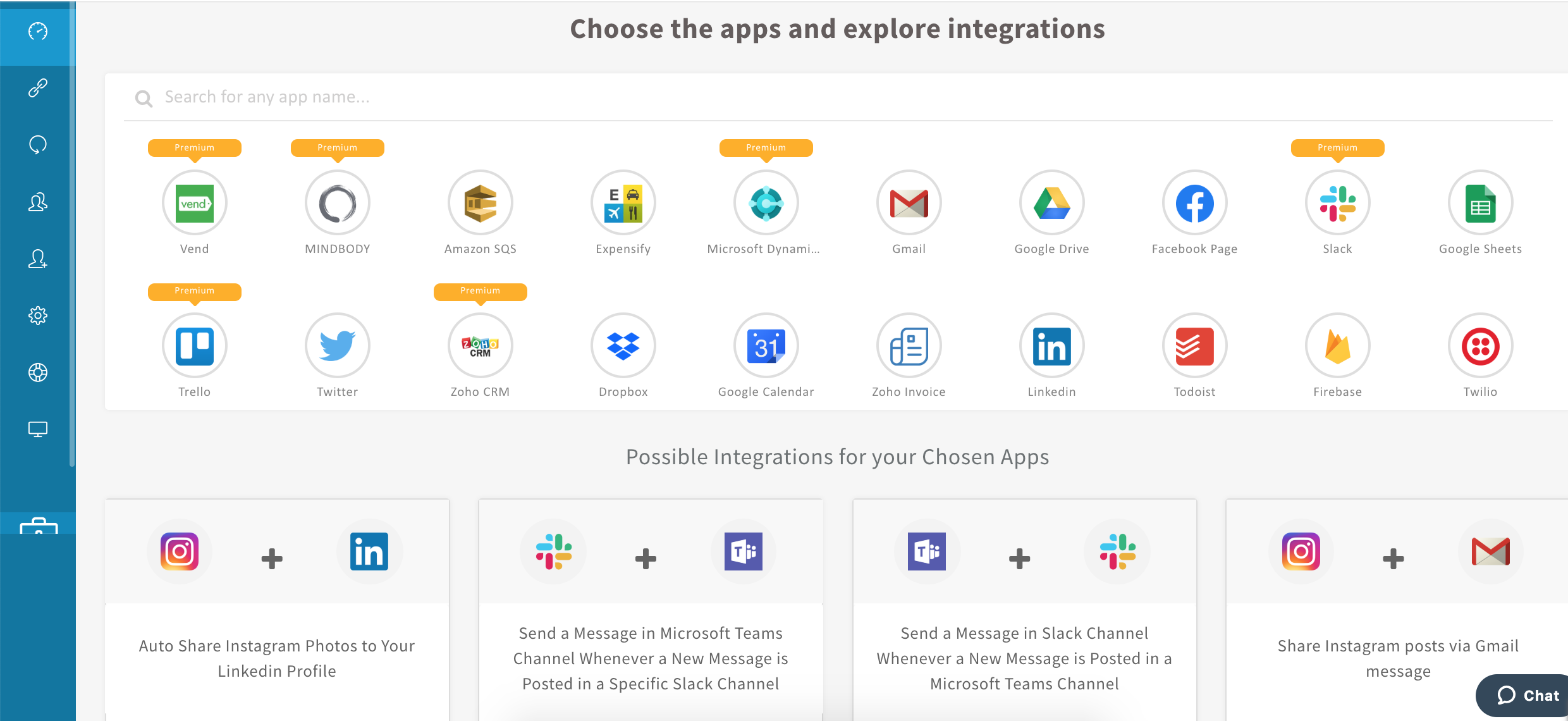
/CTAs%20(SEO)/CTA%20banner-Generate-leads-demo.png?width=1000&height=384&name=CTA%20banner-Generate-leads-demo.png)
